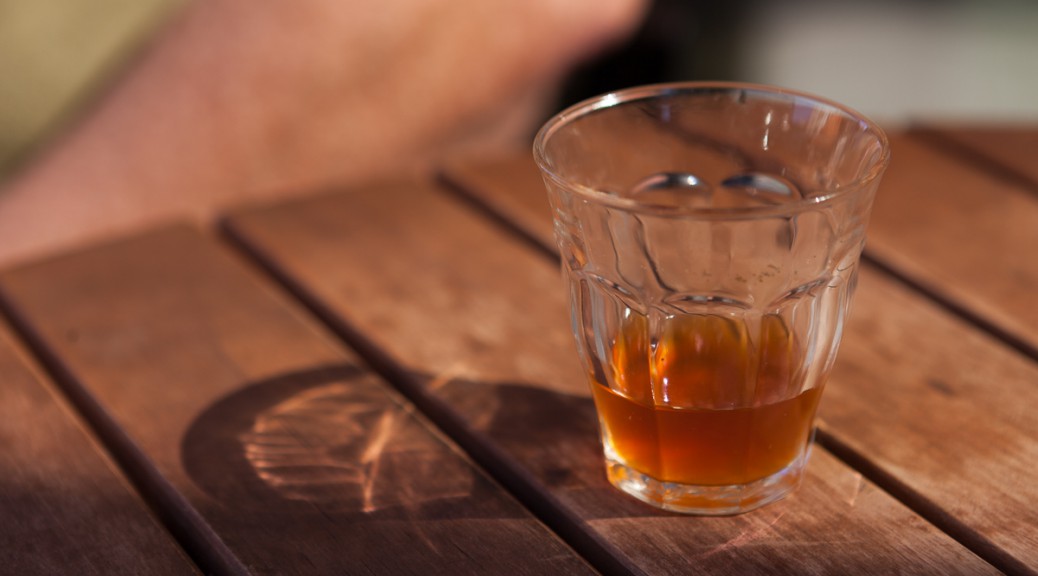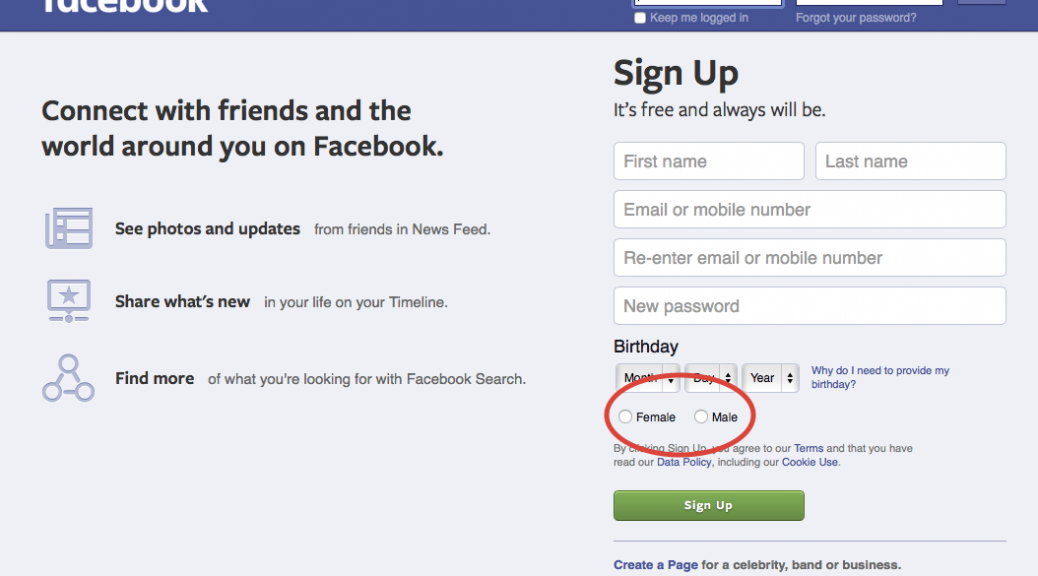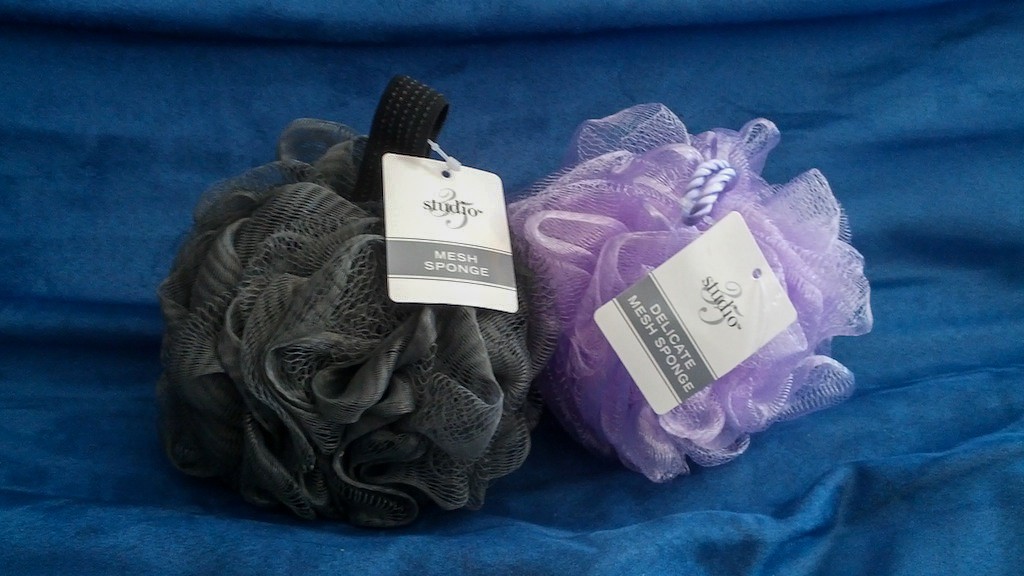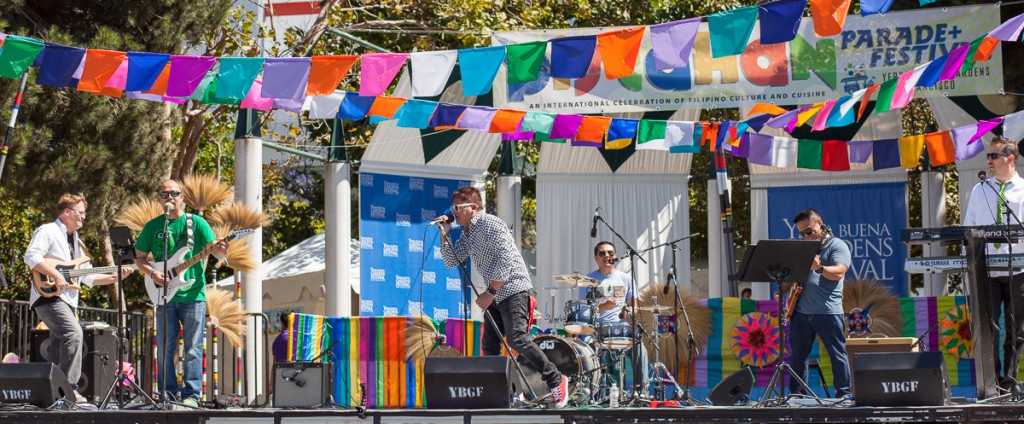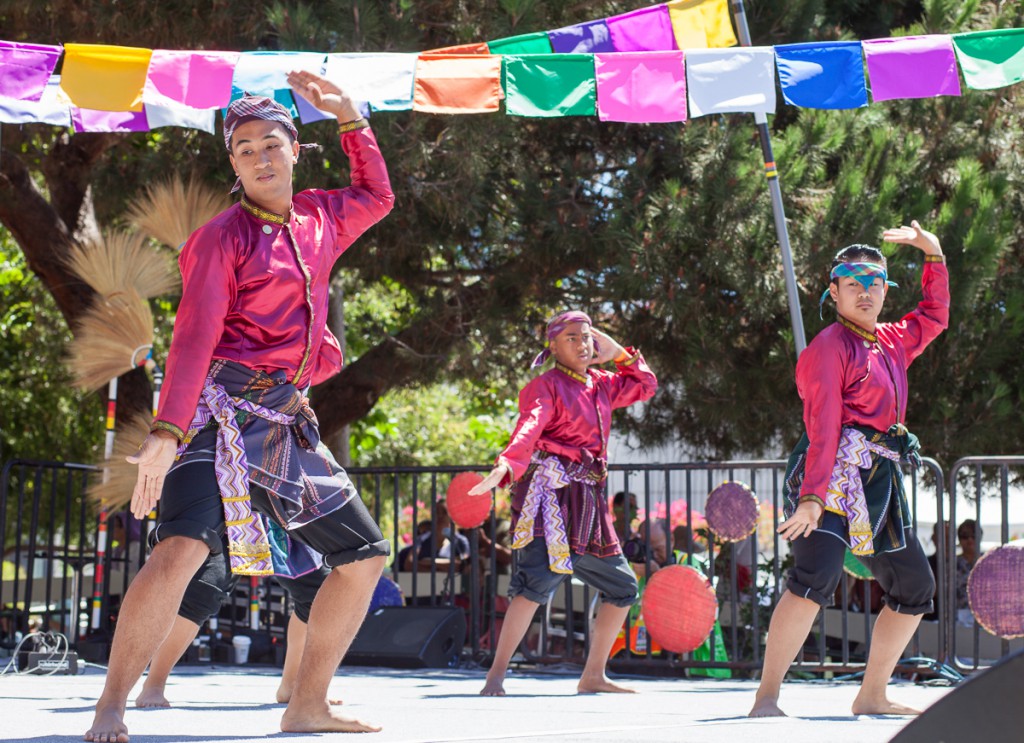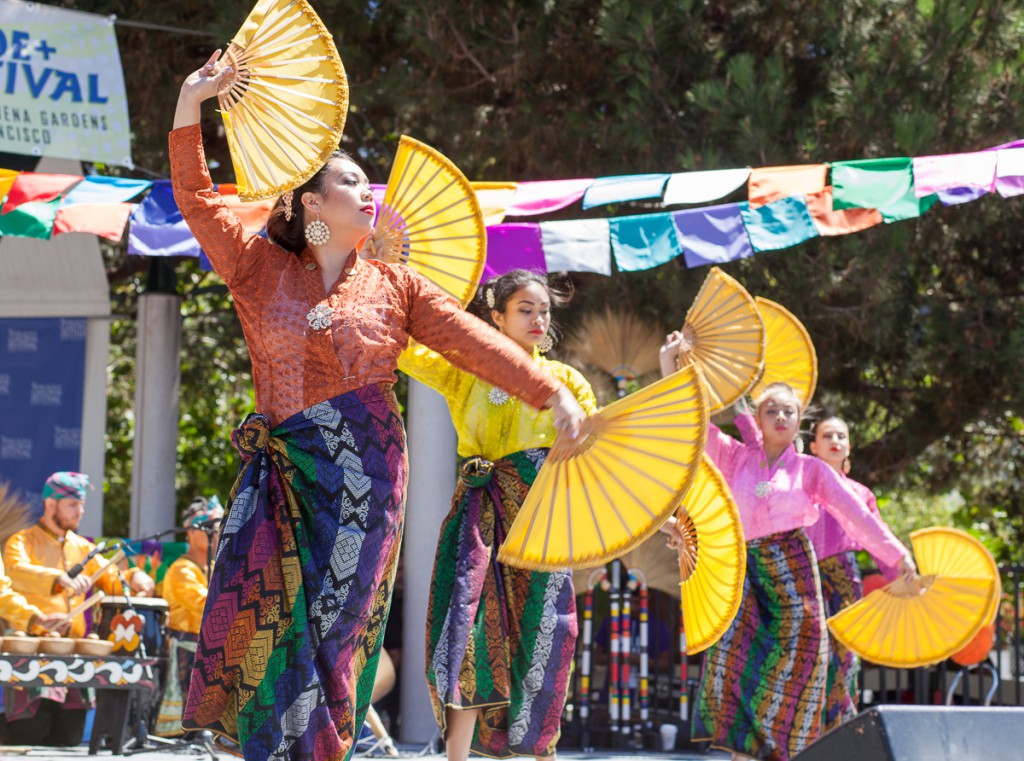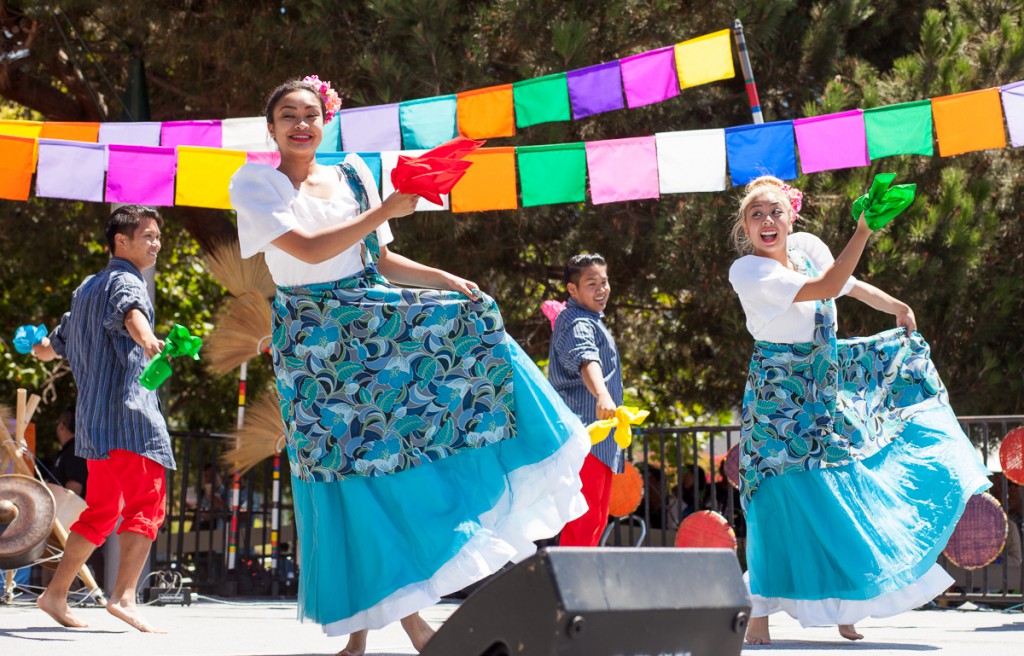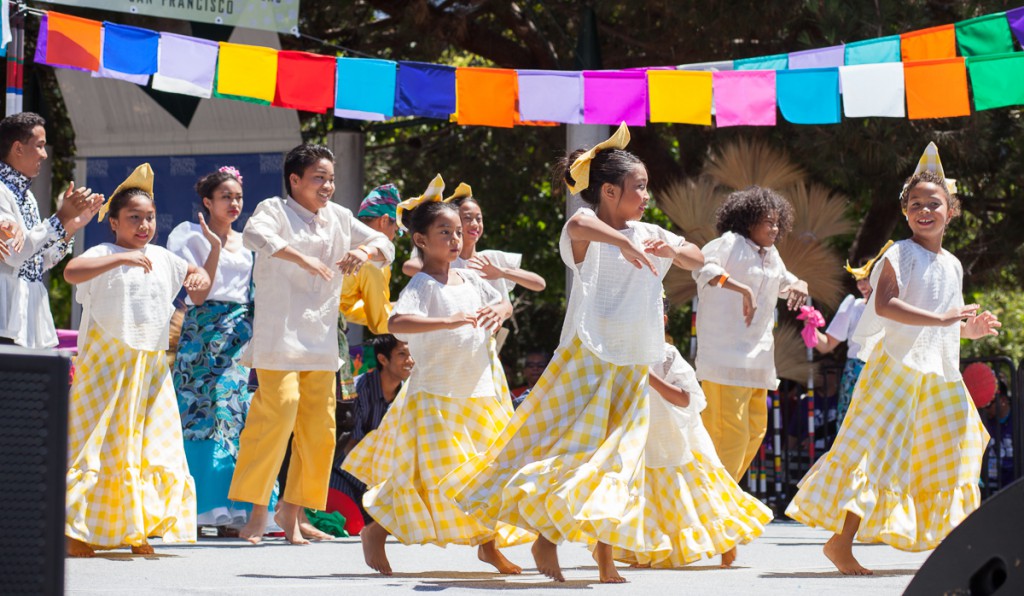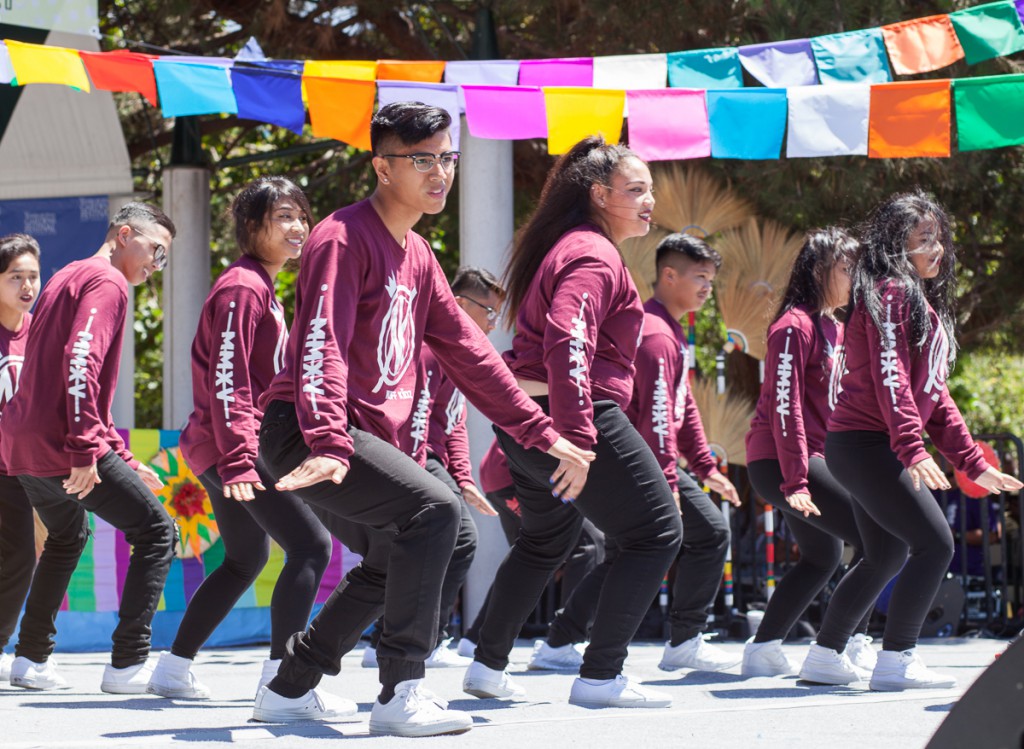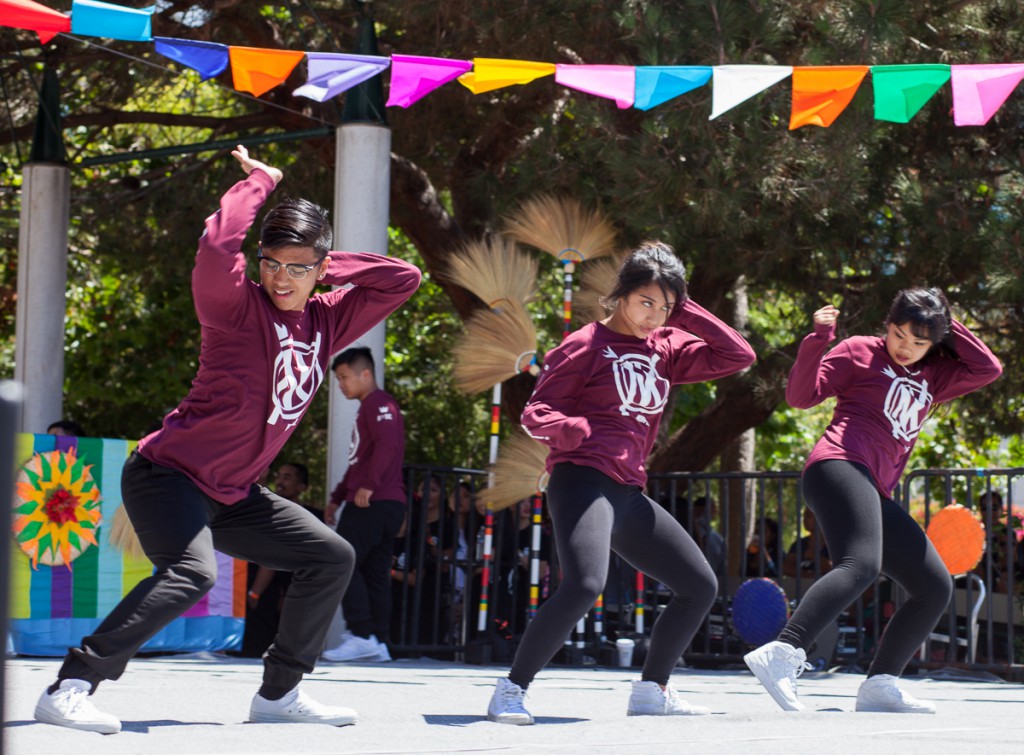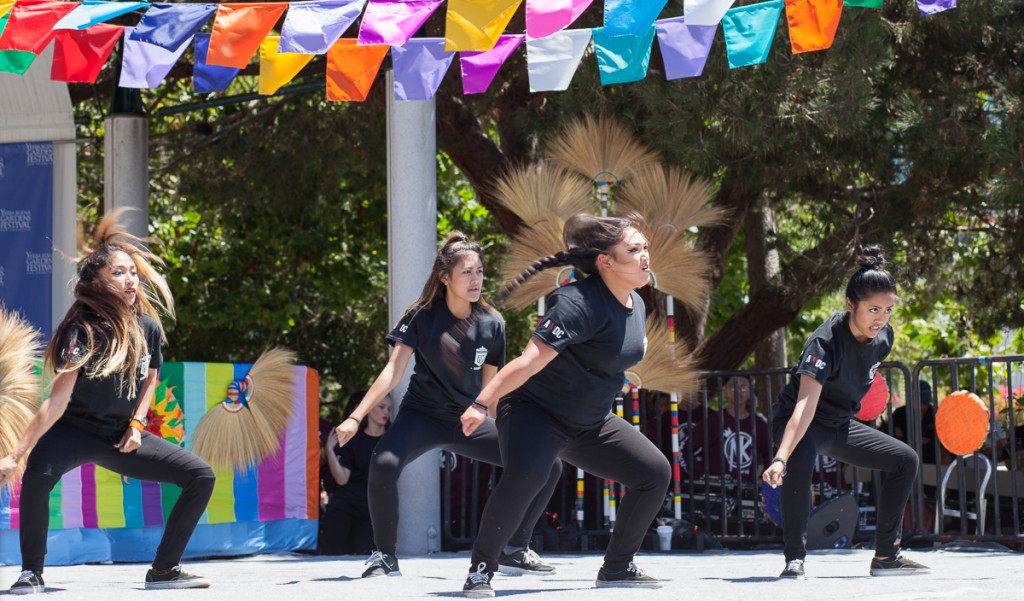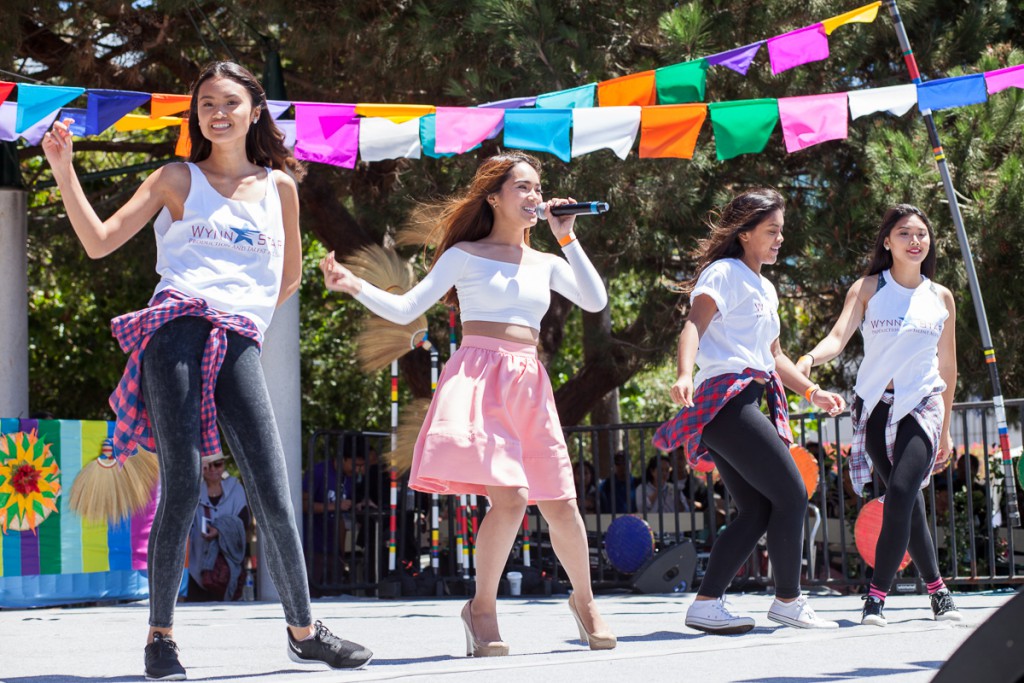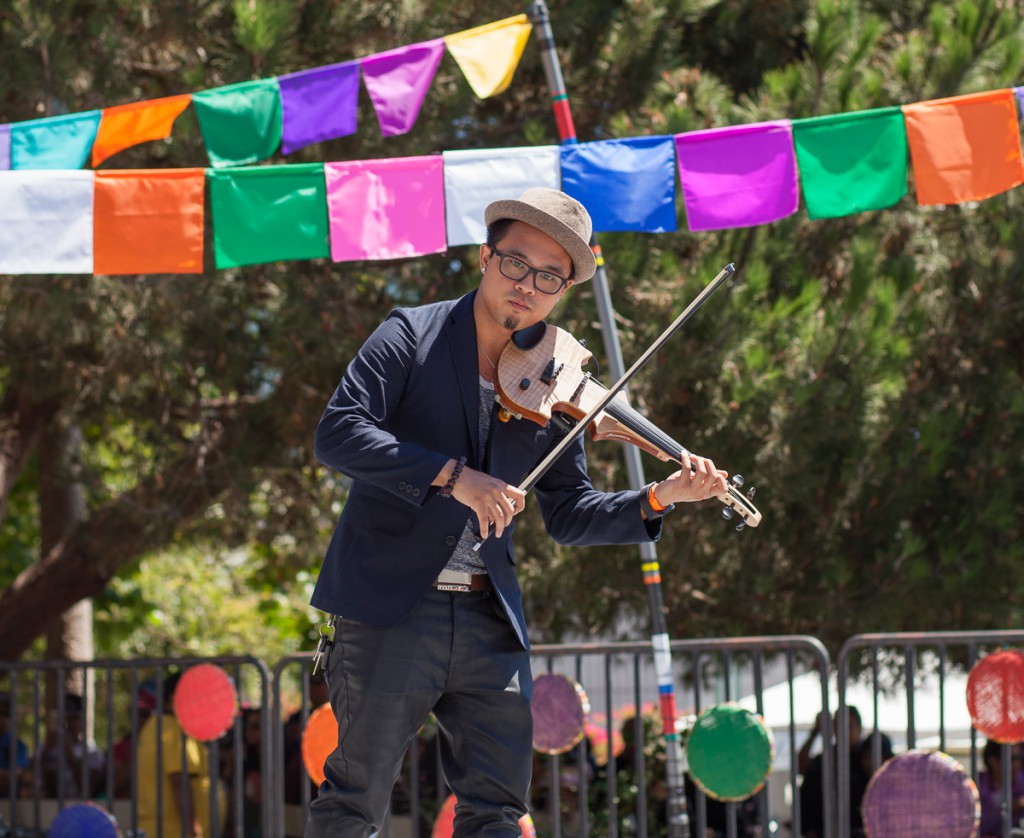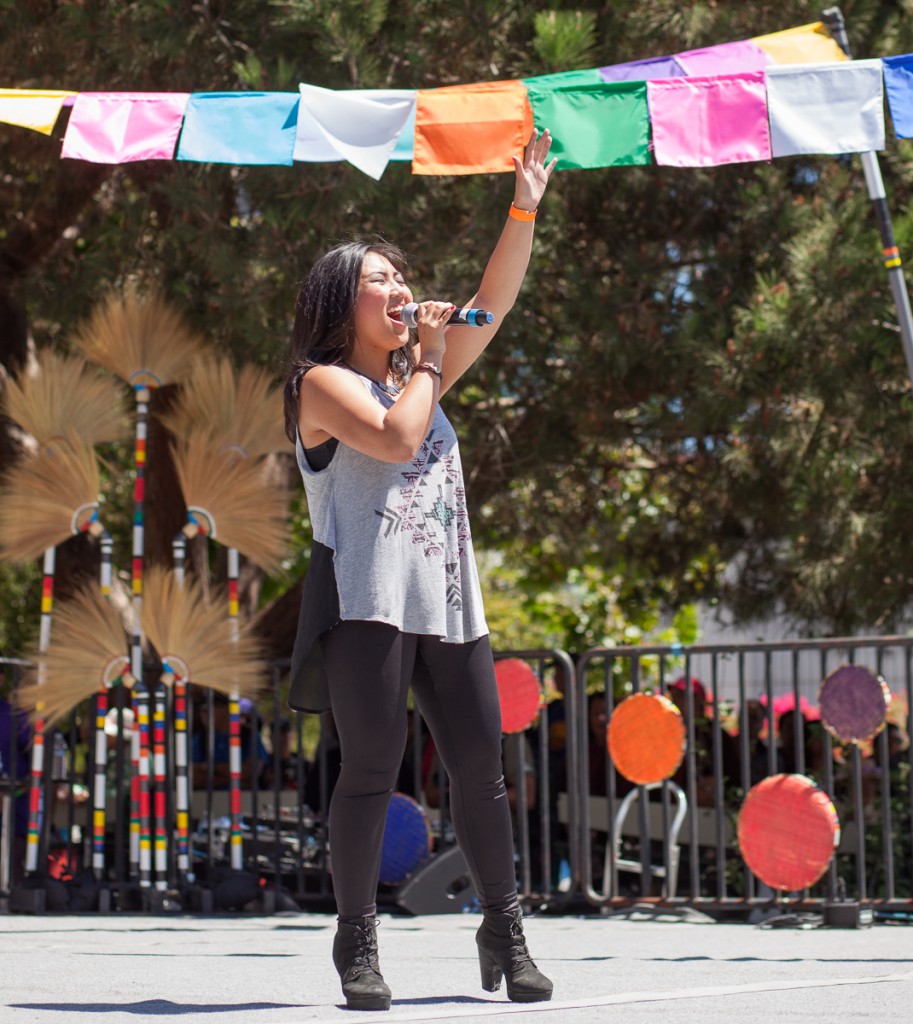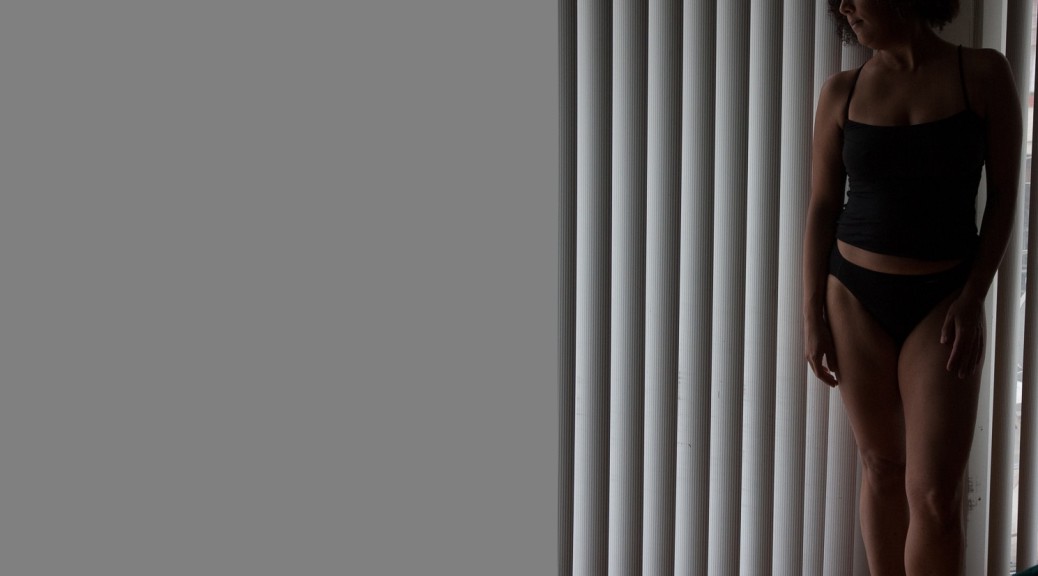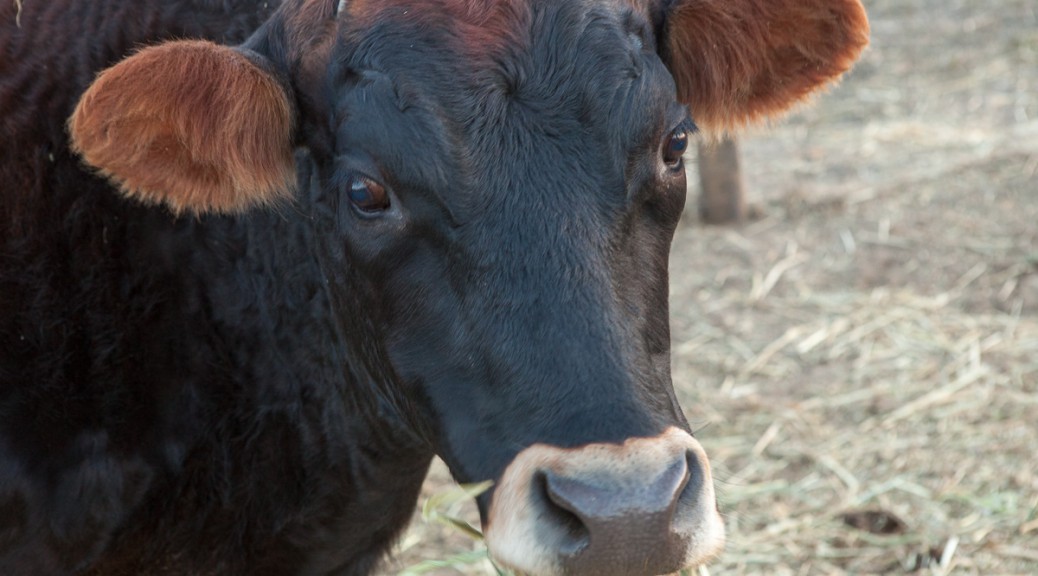[Image: A glass partly filled with an amber liquid sites on an outdoor table.]
When I came to realize that I was trans, the first thing I wanted to do was change my name. I announced my name change on social media two years ago, but it took a great deal of time and expense – and a court hearing – to change my name and gender on all of my identification documents. (I still haven’t changed my birth certificate, as my home state requires surgery for that.)
During this time, I carried ID that still listed my birth-assigned gender and, as many trans people refer to it, “dead name.” Whenever I used a credit card to pay for a purchase, I had to sign that name that I no longer related to. I could deal with that; I had no choice. But what I couldn’t deal with was a clerk reading that name off of my card out loud. “Thank you, Miss Deadname. Have a nice day.”*
I knew they were just being polite. I knew they had likely been trained to do this. It did not lessen the impact. Being misgendered can feel like anything from a pinprick to a punch in the face, but it almost always hurts.
I’m writing about this now because Sam Dylan Finch blogged recently about Starbucks outing customers by reading their names off of their debit cards. On Facebook he mentioned that several former Starbucks employees told him this was company policy. I usually pay cash at cafés so I haven’t experienced this, but as mentioned above I’ve definitely been deadnamed by grocery clerks, and once by a door guard at a bar.
Reading someone’s name aloud in this manner is an invasion of privacy. And it’s not just an issue for trans people. Many cis people go by different names from what’s printed on their IDs; a nickname or a middle name, for example. Now, if a man named John Joseph Doe goes by Joe and is called John by the barista, it might just be confusing, or slightly embarrassing. But say a woman who is going through a painful divorce still has her husband’s last name on her card. Is it worth risking traumatizing her at the grocery checkout by reading that name out loud, in the interest of “politeness?”
When this sort of topic comes up, people will inevitably complain about “political correctness.” But the issue here is treating people with respect. It’s just as polite to say “Thank you, have a nice day” without sticking a “Miss Deadname” in the middle of that sentence. The consequences of offending a customer who expects a more formal form of address are minor compared to the consequences of inadvertently outing a trans person. Keep in mind that sixteen trans women of color have been murdered this year.
Respect our privacy. Ask us personally for our names and pronouns if you need to know them. Don’t just assume we all go by what’s printed on a corporate or government-issued piece of plastic.
* I should clarify that I changed my entire name, not just my first name, when I transitioned. Being referred to by my previous last name is painful for me.
